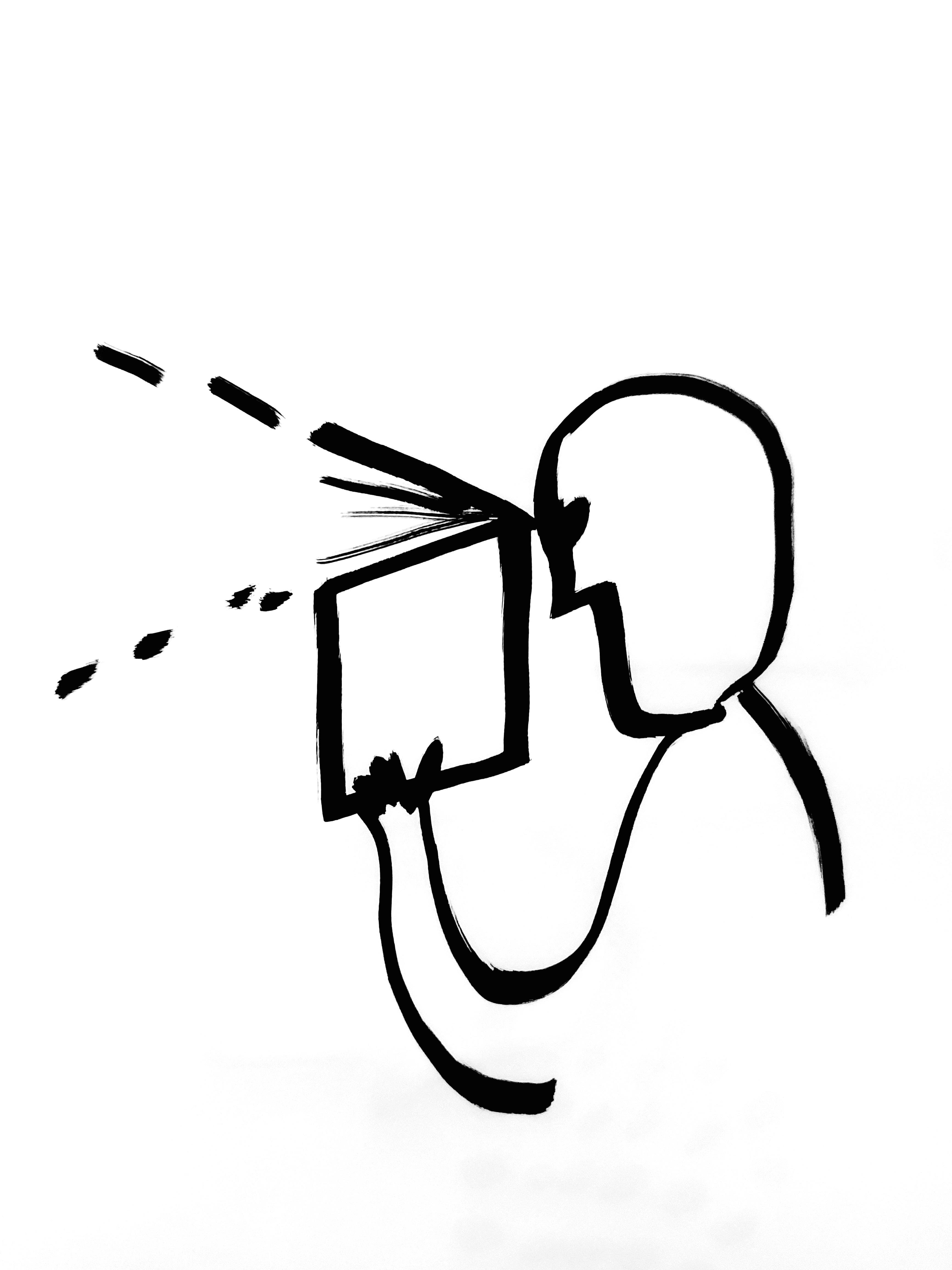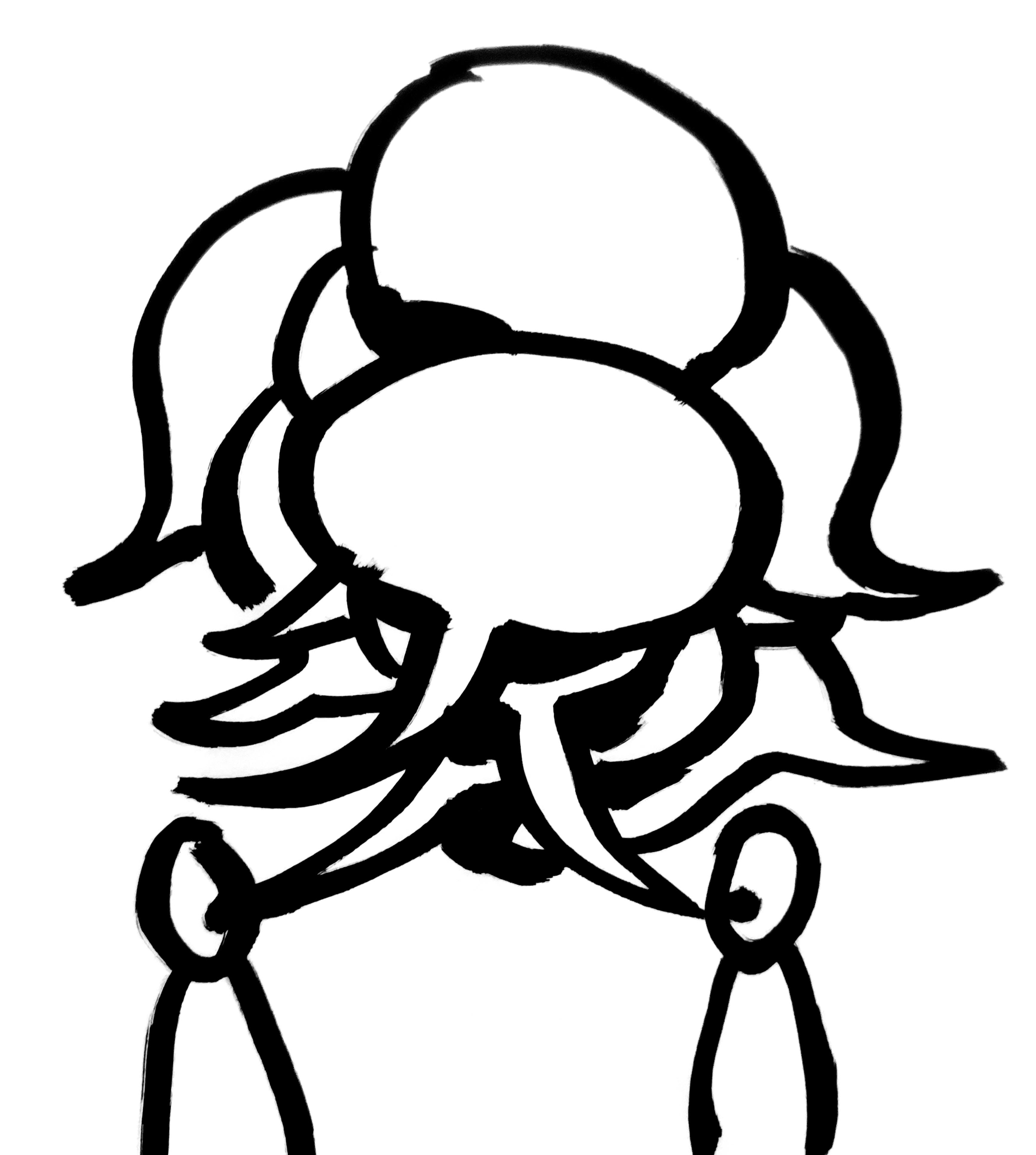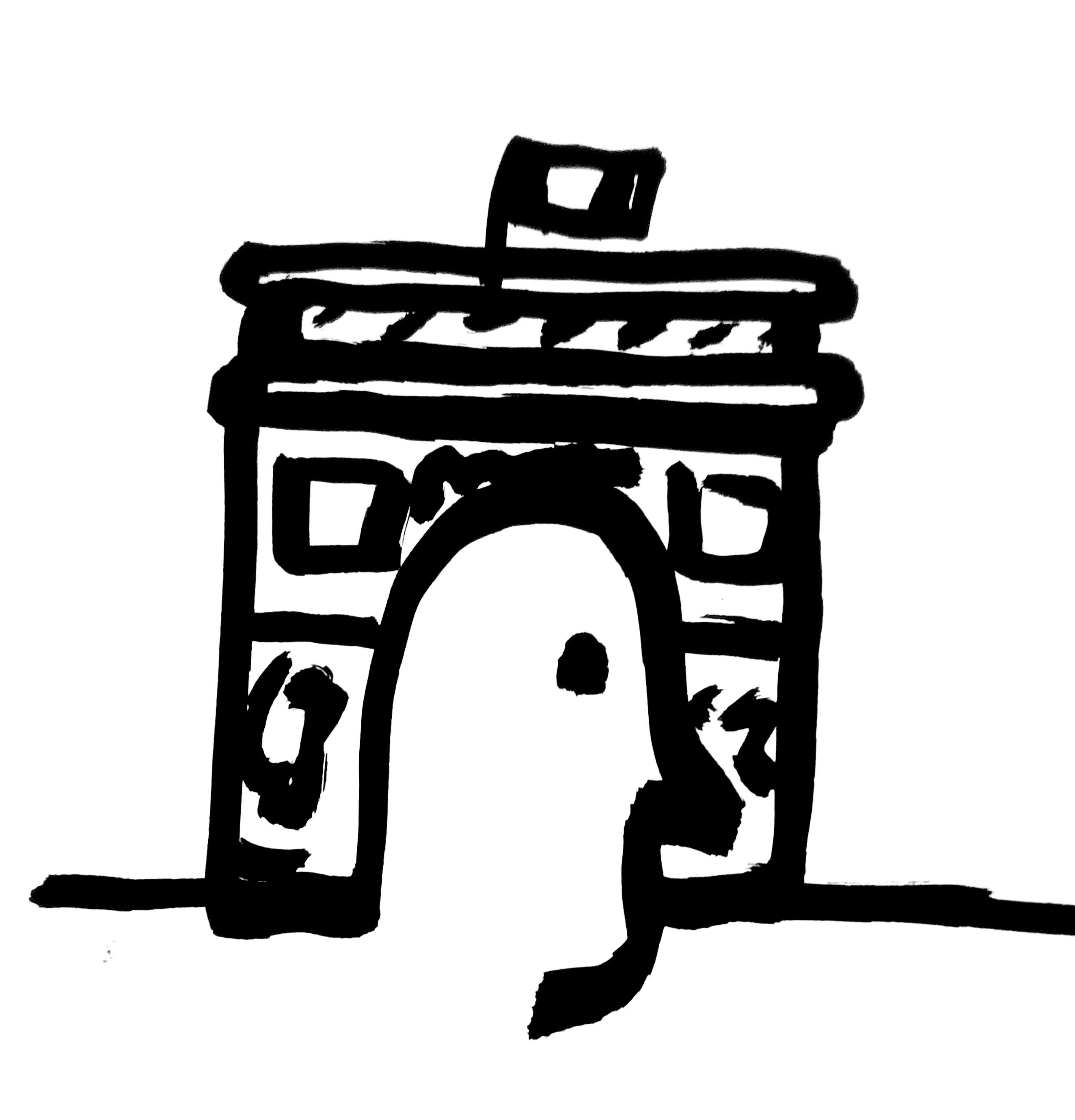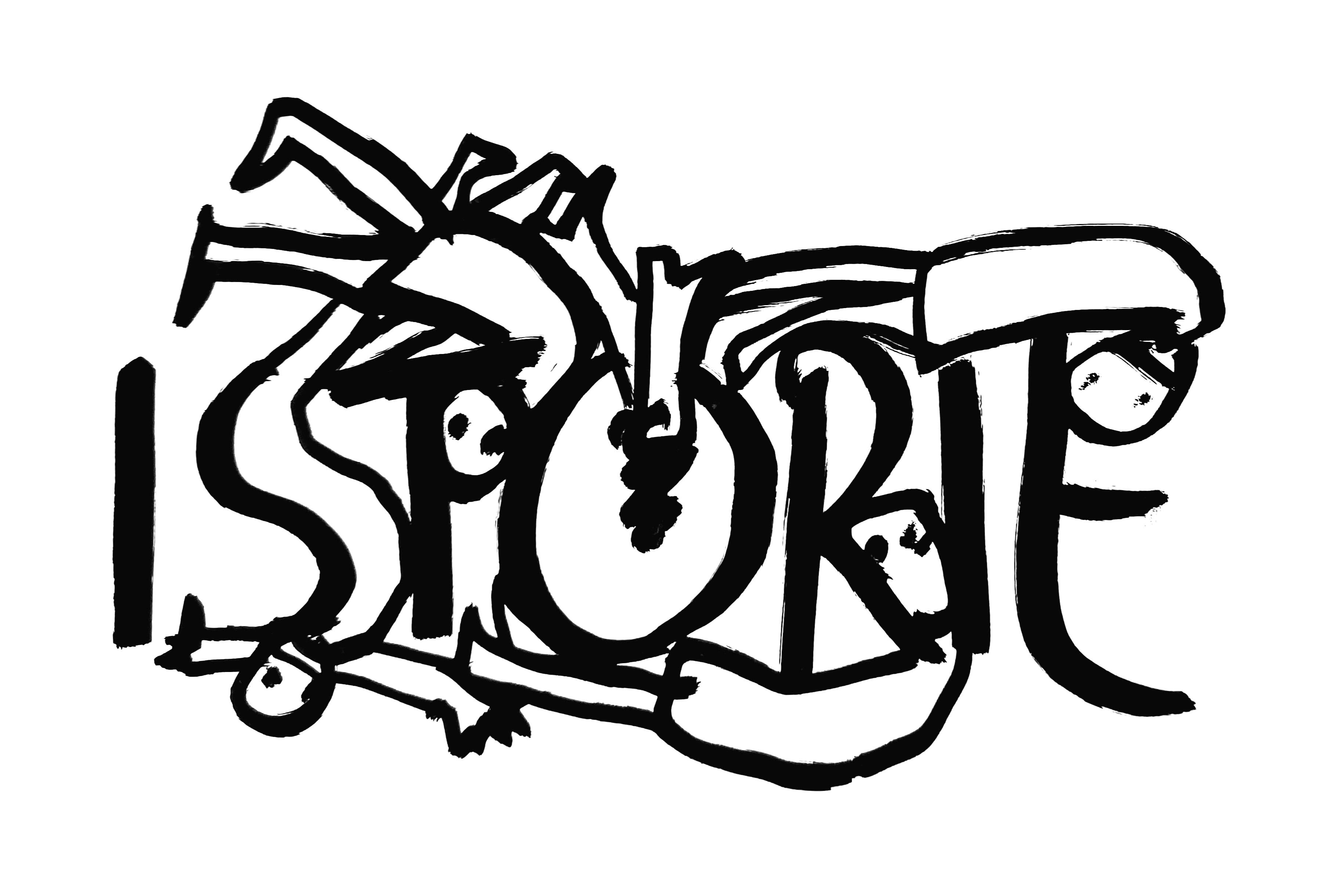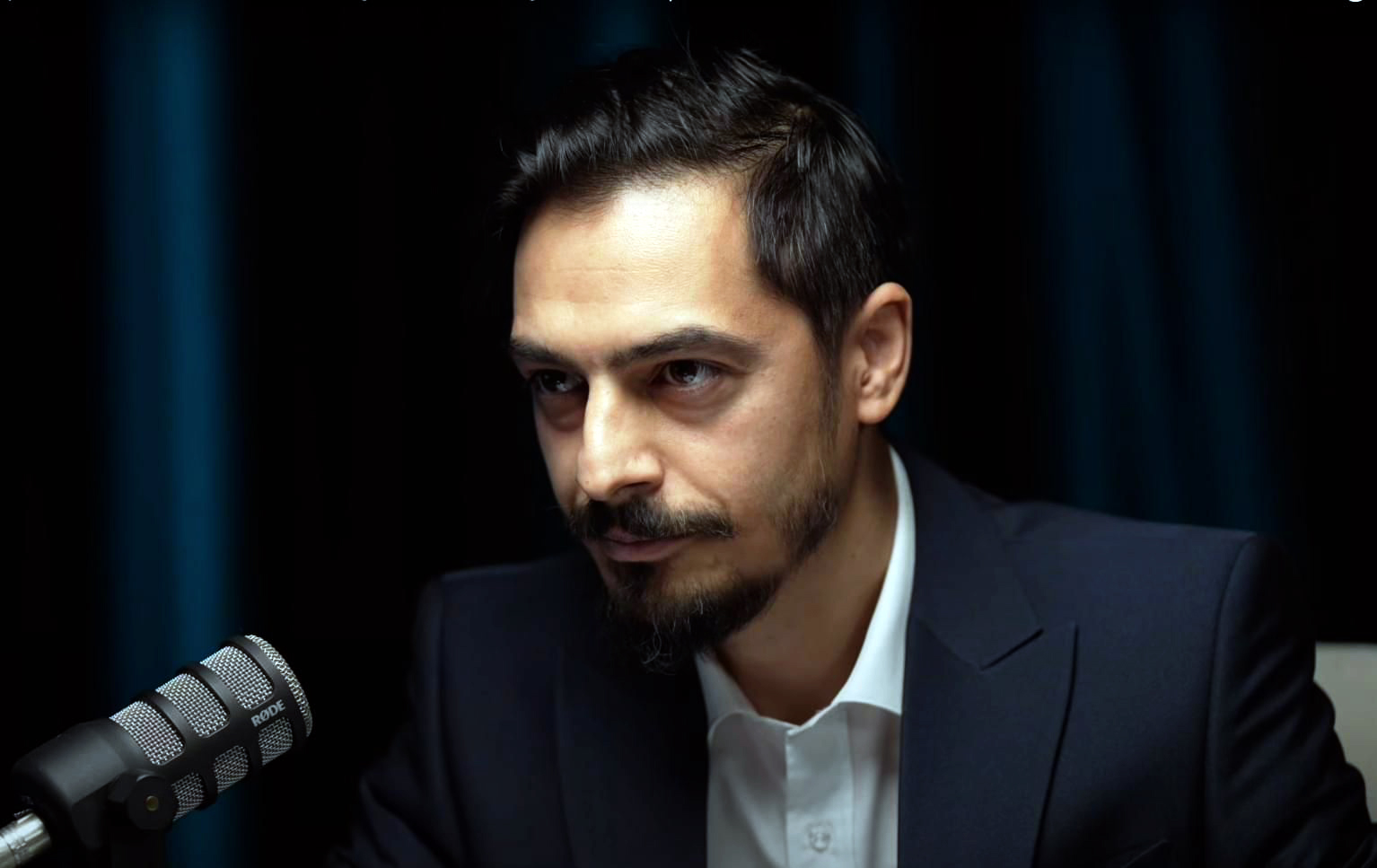Pe aceeași temă
In 1989 the fall of the Berlin Wall enabled the fall of communist regimes across the Central and Eastern Europe. This historic change led to the dissolution of SFR Yugoslavia and enabled Croatia to gain freedom and independence in 1991-1992 despite Yugoslav/Serbian aggression. Last year, Croatia witnessed a renewed debate about its communist past through a case against two former chiefs of the ex-secret service, Perković and Mustač, who are accused as accomplices in the assassination of an exiled Croatian dissident Đureković near Munich in 1983.
Two days before Croatia’s EU accession, on June 28th 2013 the ruling Social Democrats and their allies passed amendments to the Law on Judicial Cooperation with the EU Member States that precluded extradition to other EU countries for cases prior to 2002. The amended Law has been enacted in order to hinder the extradition of the two high-ranking former secret agents to Germany, where the charges were brought against them. Only after several warnings from the EU Commission, which unanimously concluded that sanctions against Croatia, as the newest Member State, are possible in accordance with the Article 39 of the Accession Agreement because of the serious breach of the EU law, the Government finally yielded and committed itself to align the Law with the EU acquis on the European Arrest Warrant. Nevertheless, this has not stopped the Government from trying to find other ways to avoid extradition, including the unsuccessful proposal for constitutional changes. Eventually, pursuant to the Supreme Court decision, Perković and Mustač were extradited to German judicial authorities and the trial started in October 2014.

It was indicative to see how far the attempts to shield the former agents accused of being involved in the organization of politically motivated murder went. Even at the price of irretrievably undermining credibility of the current Government and seriously damaging the international reputation of Croatia. This case has shed light on the power levels of the informal structures created during communist era that are still present in today’s society. It is vital to address the crimes in order to establish individual responsibility of the perpetrators and to compensate victims. Only then, remnants of communist past will not be able to threaten consistent functioning of Croatia as a modern and democratic European state.

